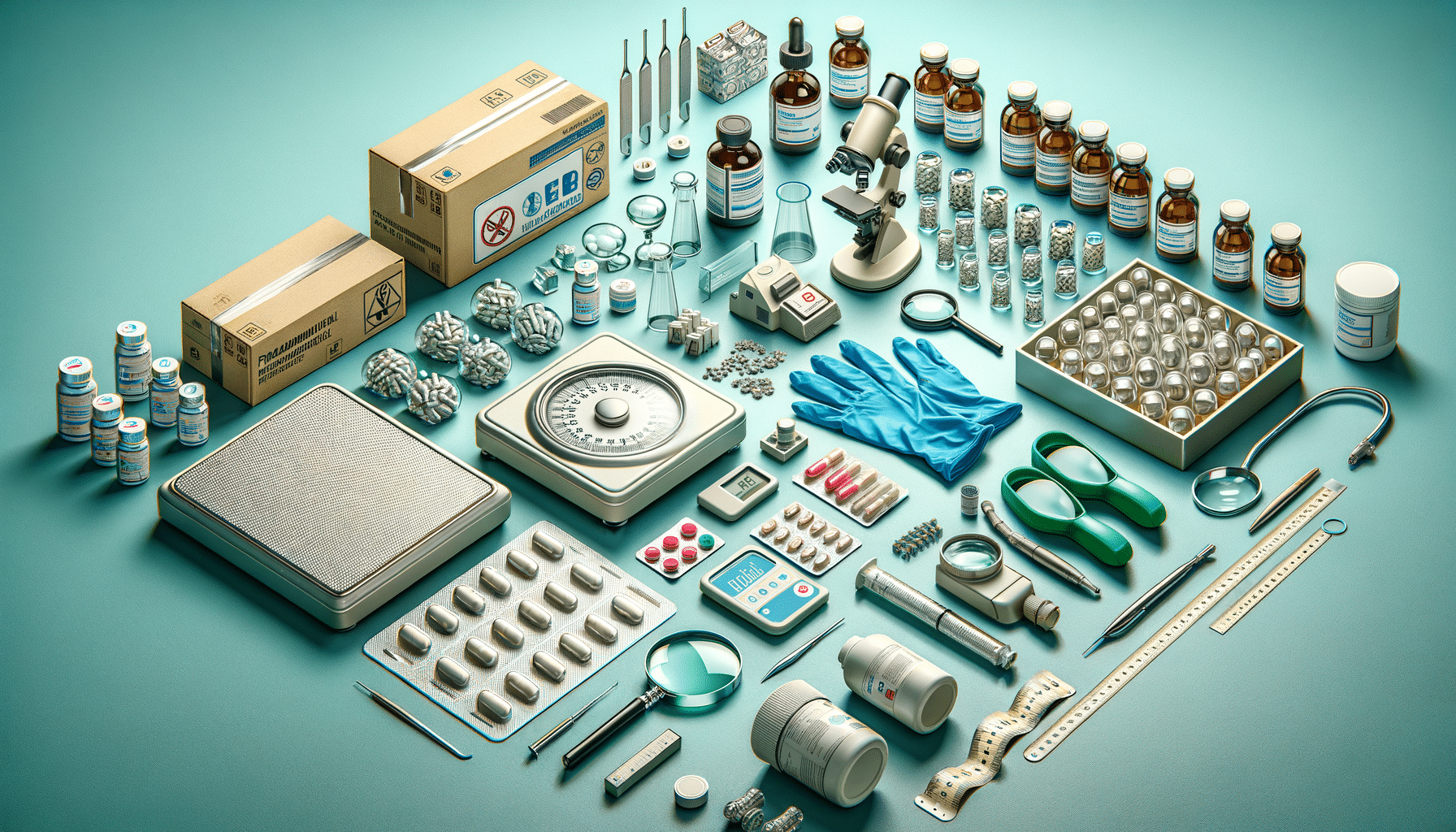
Exploring Careers in Pharmaceutical Packaging
The Importance of Pharmaceutical Packaging
Pharmaceutical packaging is a critical component in the healthcare industry, serving as a protective layer that ensures the safety, stability, and efficacy of medications from the point of production to the end user. The role of packaging in pharmaceuticals extends beyond mere containment; it involves safeguarding the product from environmental factors, contamination, and tampering. Additionally, packaging provides essential information regarding dosage, administration, and expiration, which is crucial for patient safety.
In the pharmaceutical industry, packaging must adhere to stringent regulations and standards to maintain the integrity of the medication. These standards are set by organizations such as the FDA and EMA, which require packaging to meet specific criteria for labeling, child resistance, and tamper evidence. This regulatory landscape underscores the importance of pharmaceutical packaging jobs, as professionals in this field are responsible for ensuring compliance and quality control.
Moreover, the demand for innovative packaging solutions is on the rise, driven by the need for sustainable materials and advanced technologies such as smart packaging. These innovations not only enhance the user experience but also contribute to the overall efficiency of the supply chain. As a result, careers in pharmaceutical packaging are not only vital but also evolving, offering opportunities for growth and specialization in areas such as design, engineering, and quality assurance.
Career Opportunities in Pharmaceutical Packaging
The pharmaceutical packaging sector offers a diverse range of career opportunities, catering to various skill sets and expertise. Whether you’re interested in hands-on production roles or strategic planning positions, there’s a place for you in this dynamic field. Some of the key roles include:
- Packaging Engineers: Responsible for designing and developing packaging solutions that meet regulatory and safety requirements. They work closely with product development teams to ensure that packaging is both functional and cost-effective.
- Quality Assurance Specialists: These professionals ensure that packaging processes meet industry standards and regulations. They conduct inspections, audits, and tests to maintain quality control throughout the production cycle.
- Production Supervisors: Overseeing the day-to-day operations of packaging lines, production supervisors ensure that manufacturing processes run smoothly and efficiently. They manage teams of operators and technicians, coordinating schedules and resources to meet production targets.
- Regulatory Affairs Specialists: Ensuring compliance with global packaging regulations, these specialists navigate the complex landscape of pharmaceutical laws and guidelines. They prepare documentation and liaise with regulatory bodies to secure approvals for packaging designs.
With the pharmaceutical industry continually expanding and evolving, the demand for skilled professionals in packaging is expected to grow. This growth presents a wealth of opportunities for those seeking to enter or advance within the field, making it an attractive career path for individuals with a passion for healthcare and innovation.
Skills and Qualifications for Success
To thrive in pharmaceutical packaging jobs, candidates must possess a blend of technical skills, industry knowledge, and personal attributes. While educational requirements may vary depending on the specific role, a background in engineering, life sciences, or a related field is often beneficial. Additionally, certifications in quality management or regulatory affairs can enhance a candidate’s qualifications.
Some of the key skills and qualifications for a successful career in pharmaceutical packaging include:
- Attention to Detail: Precision is paramount in pharmaceutical packaging, as even minor errors can have significant consequences. Professionals must be meticulous in their work to ensure that packaging meets all safety and regulatory standards.
- Problem-Solving Abilities: The ability to identify and resolve issues quickly is crucial, particularly in production and quality assurance roles. Effective problem solvers can enhance efficiency and prevent costly delays in the manufacturing process.
- Technical Proficiency: Familiarity with packaging machinery, materials, and technologies is essential for many roles within the industry. Understanding the latest advancements in packaging solutions can also provide a competitive edge.
- Communication Skills: Clear and effective communication is vital, especially when collaborating with cross-functional teams or interacting with regulatory bodies. Professionals must be able to convey complex information in a concise and understandable manner.
As the pharmaceutical packaging industry continues to innovate, professionals who are adaptable and eager to learn will find ample opportunities for career advancement. By cultivating these skills and staying informed about industry trends, individuals can position themselves for success in this essential sector of the healthcare industry.


